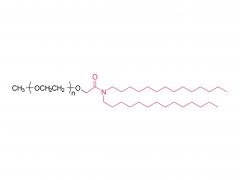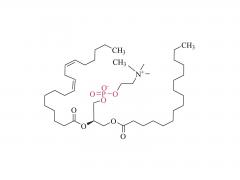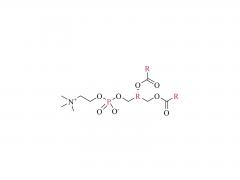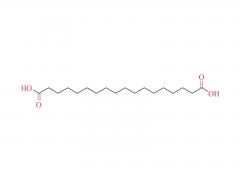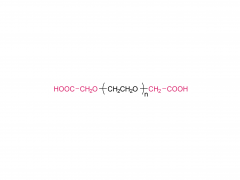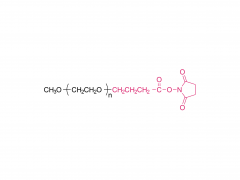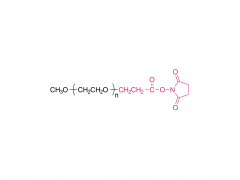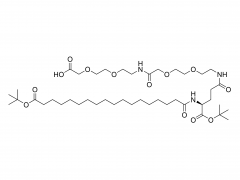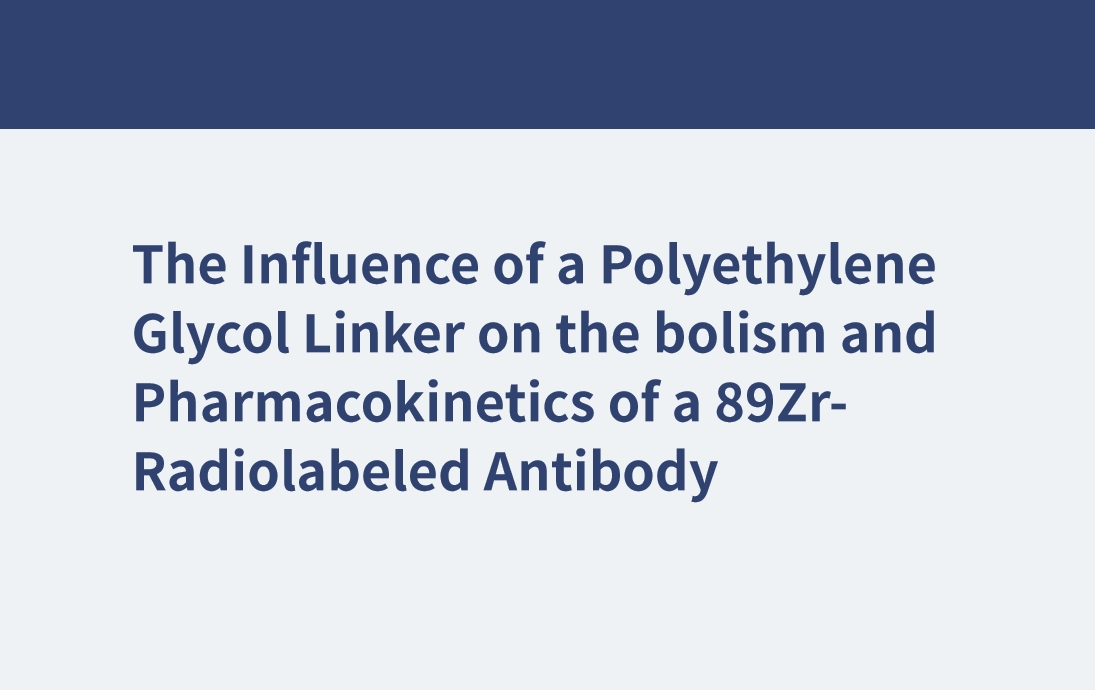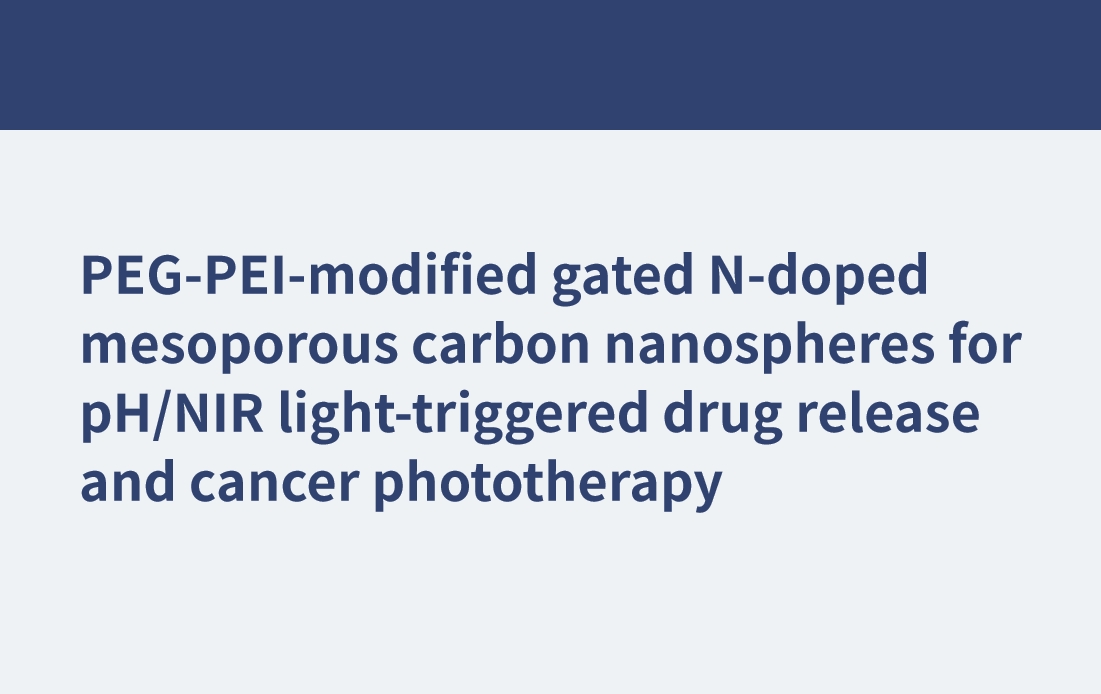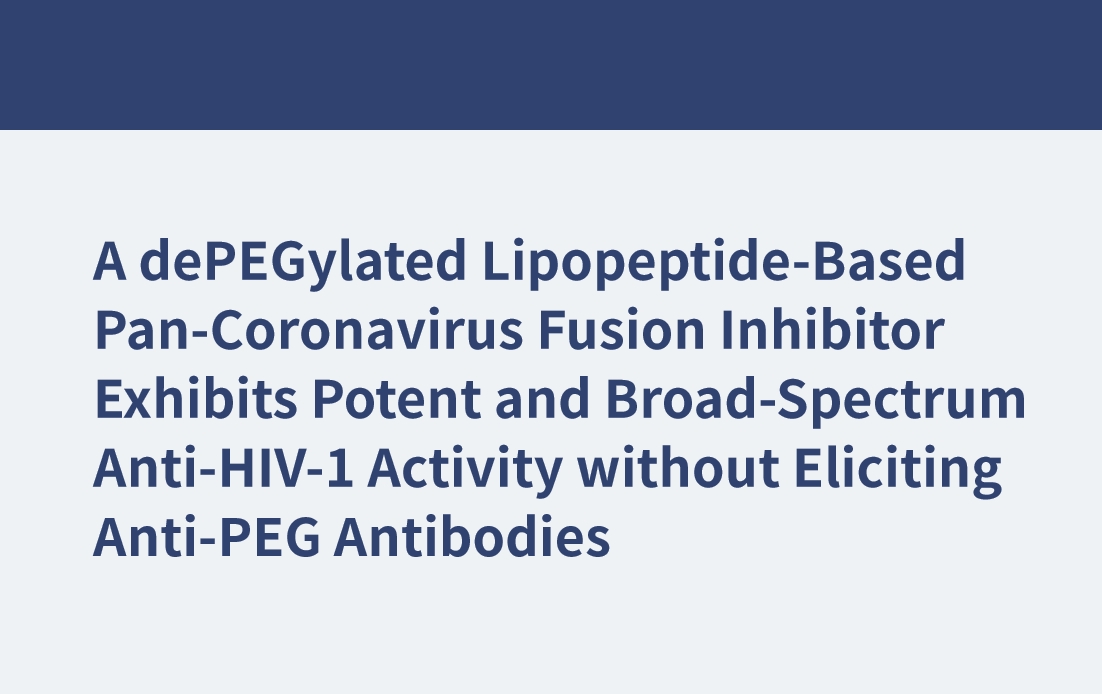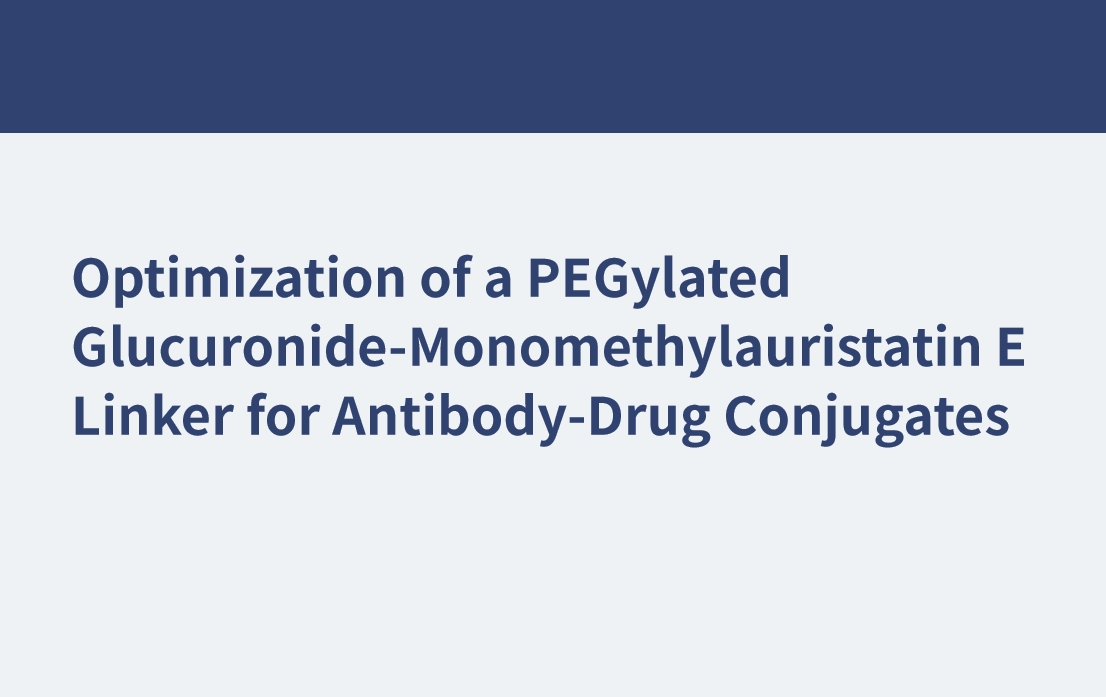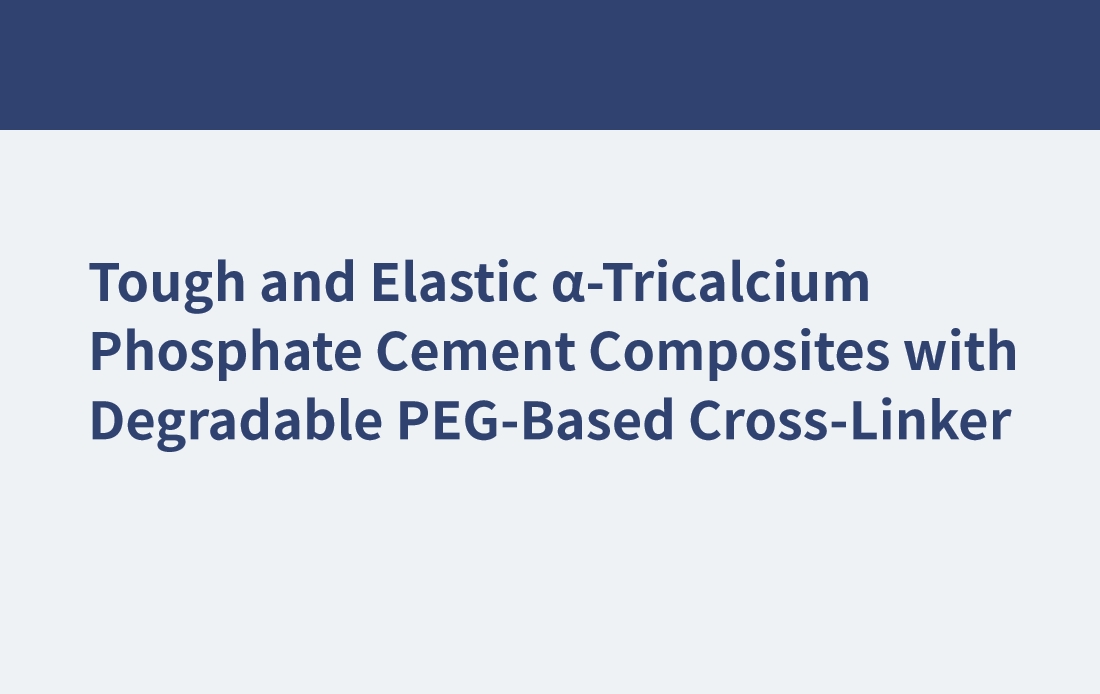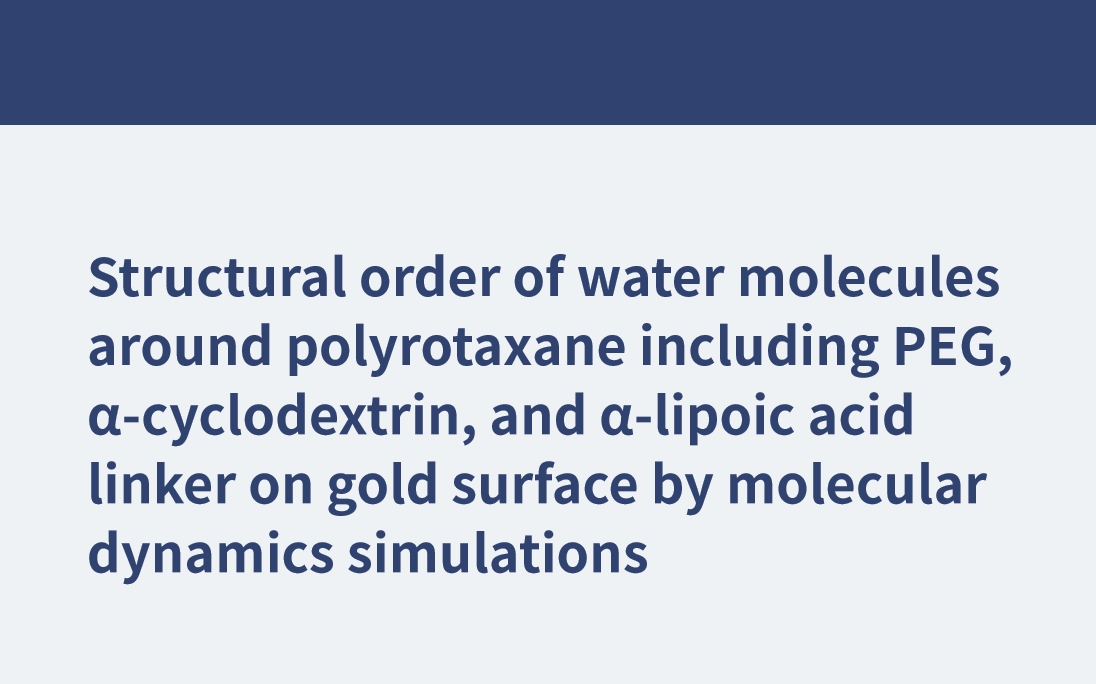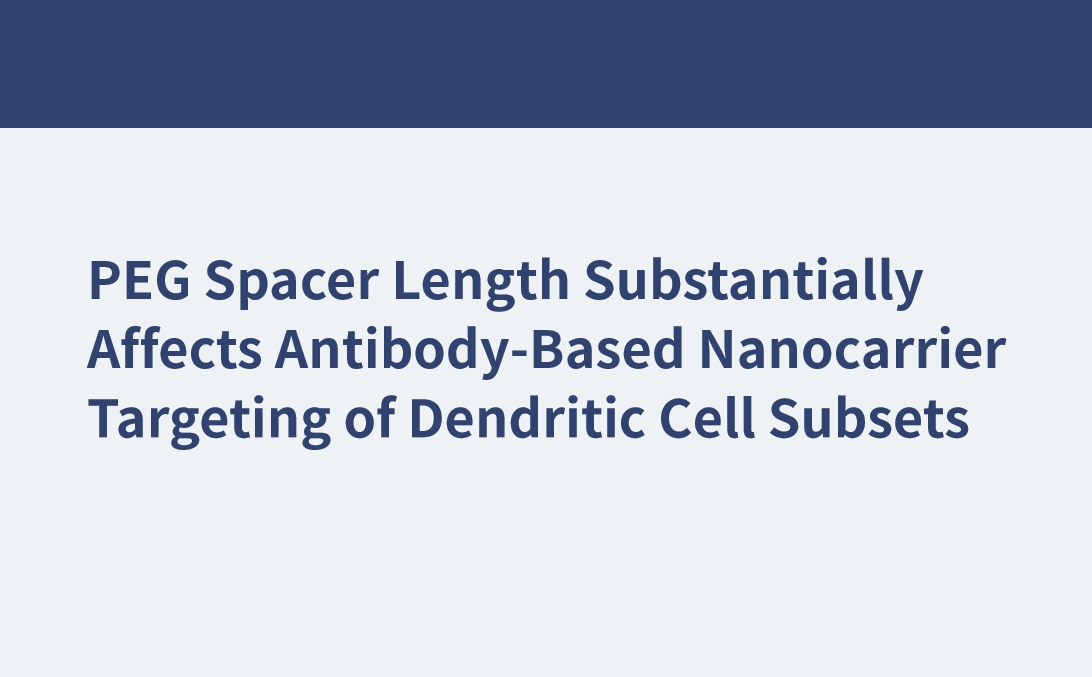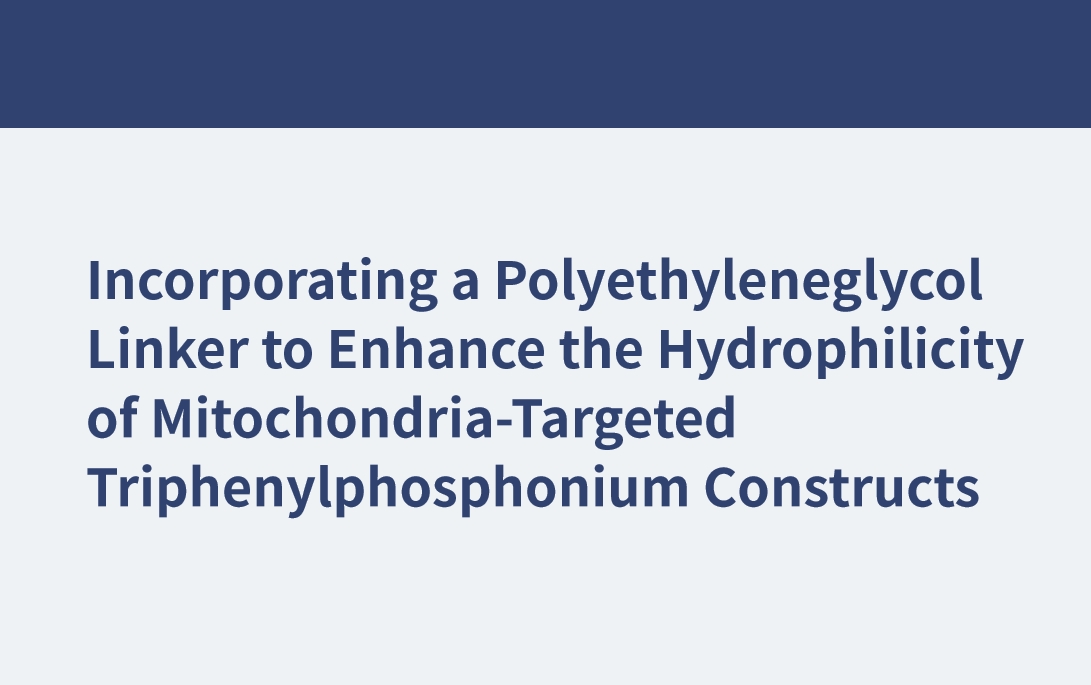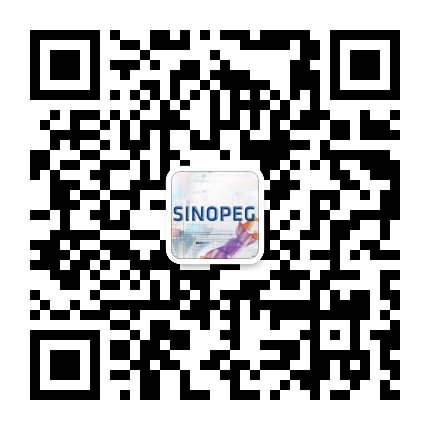Bioconjug Chem. 2021 Jul 21;32(7):1263-1275. doi: 10.1021/acs.bioconjchem.1c00172. Epub 2021 May 30. The Influence of a Polyethylene Glycol Linker on the Metabolism and Pharmacokinetics of a 89Zr-Radiolabeled Antibody Abstract Most experimental work in the space of bioconjugation chemistry focuses on using new methods to construct covalent bonds between a cargo molecule and a protein of interest such as a monoclonal antibody (mAb). Bond formation is important for generating new diagnostic tools, yet when these compounds advance to preclinical in vitro and in vivo studies, and later for translation to the clinic, understanding the fate of potential metabolites that arise from chemical or enzymatic degradation of the construct is important to obtain a full picture of the pharmacokinetic performance of a new compound. In the context of designing new bioconjugate methods for labeling antibodies with the positron-emitting radionuclide 89Zr, we previously developed a photochemical process for making 89Zr-mAbs. Experimental studies on [89Zr]ZrDFO-PEG3-azepin-mAb constructs revealed that incorporation of the tris-polyethylene glycol (PEG3) linker improved the aqueous phase solubility and radiochemical conversion. However, the use of a PEG3 linker also has an impact on the whole-body residence time of the construct, leading to a more rapid excretion of the 89Zr activity when compared with radiotracers that lack the PEG3 chain. In this work, we investigated the metabolic fate of eight possible metabolites that arise from the logical disconnection of [89Zr]ZrDFO-PEG3-azepin-mAb at bonds which are susceptible to chemical or enzymatic cleavage. Synthesis combined with 89Zr-radiolabeling, small-animal positron emission tomography imaging at multiple time points from 0 to 20 h, and measurements of the effective half-life for whole-body excretion are reported. The conclusions are that the use of a PEG3 linker is non-innocent in terms of its impact on enhancing the metabolism of [89Zr]ZrDFO-PEG3-azepin-mAbs. In most cases, degradation can produce metabolites that are rapidly eliminated from the body, thereby enhancing image contrast by reducing nonspecific accumulation and retention of 89Zr in background organs such as the liver, spleen, kidney, and bone. For more product information, please contact us at: US Tel: 1-844-782-5734 US Tel: 1-844-QUAL-PEG CHN Tel: 400-918-9898 Email: sales@sinopeg.com
View More







